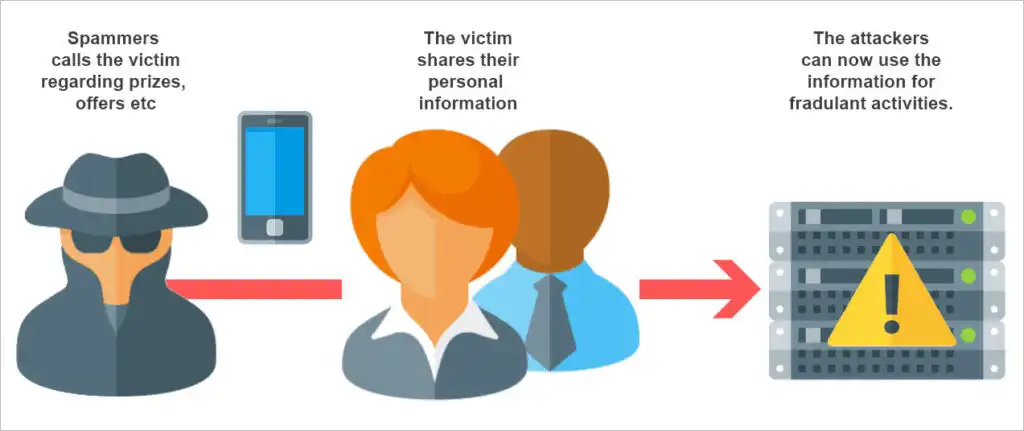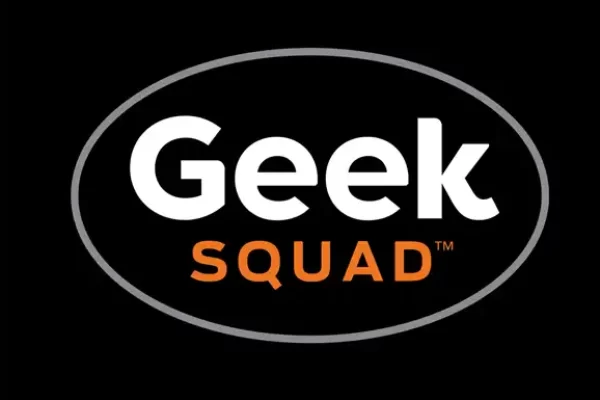Topic Covered in This Page
- What is Vishing or voice phishing?
- How to avoid Phoce Call Phishing?
- Identify and Protect Against Voice Phishing
- Scam through phone and mobile Call
- How to Prevent Voice Phishing?

Vishing—or voice phishing—is the use of fraudulent phone calls to trick people into giving money or revealing personal information. It’s a new name for an old problem—telephone scams.
Vishing frequently involves a criminal pretending to represent a trusted institution, company, or government agency. You may be asked to buy an extended warranty, offered a “free” vacation, told your computer is infected and you need anti-virus software, or asked to donate to charity.

How to Identify a Vish, Voice, or Phone Call Phishing?
Scammers or “vishers” frequently present rewards, goods, or services that are exaggerated or fake. Then, to get you to pay more fees or more, they ask for your credit card number or other personal information. Be careful of:
- Offers from companies you haven’t heard of or with which you don’t conduct business.
- Receiving notification that you won a prize in a competition you did not enter.
- Guarantees of unexpected returns on your investment.
- Pressure to act quickly to satisfy the caller’s demands, which may include: Money, financial account information, personal information, organizational information, including names and contact details of employees, and financial information.
- Threats of penalties or fines if you don’t pay money or submit information.
- Language that is harsh or even vulgar.
- Unwanted phone calls attempting to assist you with debt, unpaid taxes, or prior fraud allegations.
How to Prevent Voice Phishing?
- If a caller asks for personal information (account numbers, Social Security numbers, etc.) and claims to be from a company you do business with, such as your bank, hang up and dial the company directly. Report the call if it was fraudulent.
- Pay no fees for awards or prizes that are offered over the phone.
- The IRS will never call you and request your debit or credit card information or demand urgent payments through certain channels like wire transfers, prepaid gift cards, or debit cards. Normally, the IRS will get in touch with you initially via U.S. mail.
- Responding to unsolicited phone calls from unidentified people or unfamiliar companies with money or personal information (such as credit card numbers and expiration dates, bank account numbers, dates of birth, or Social Security numbers) is never a good idea.
- Do not rely on caller ID. It is possible to forge both caller ID and phone numbers.
- To stop unwanted sales calls, register your phone number with the National Do Not Call Registry.

This article is about Phone Call Phishing. If you are facing any issues with PC & Laptop Security, call us for assistance. Our service engineer will certainly guide you. You can also ask for a free PC Diagnostic Service



